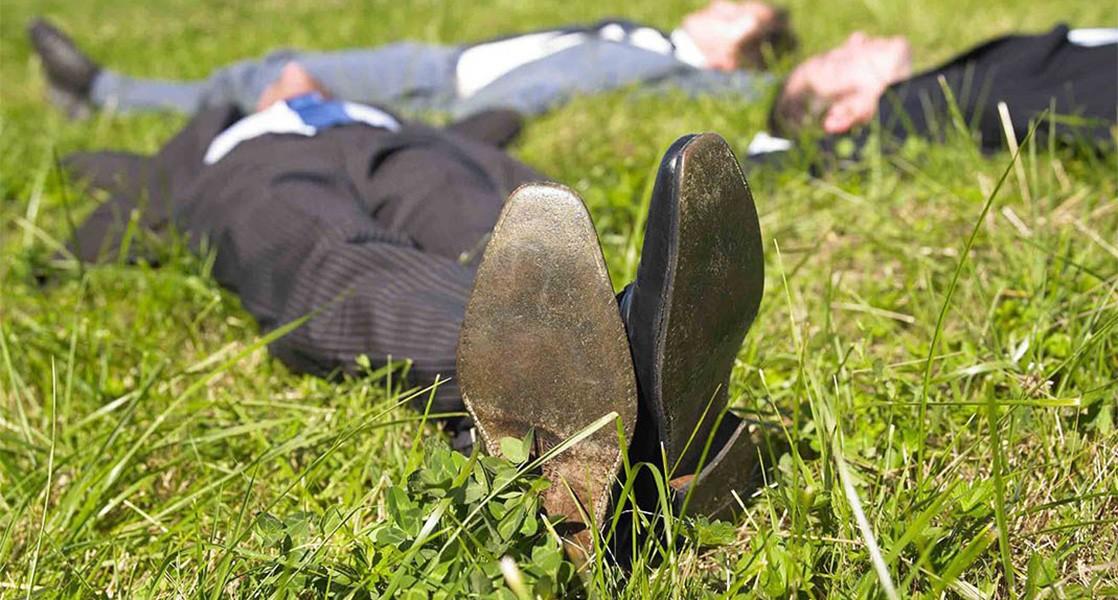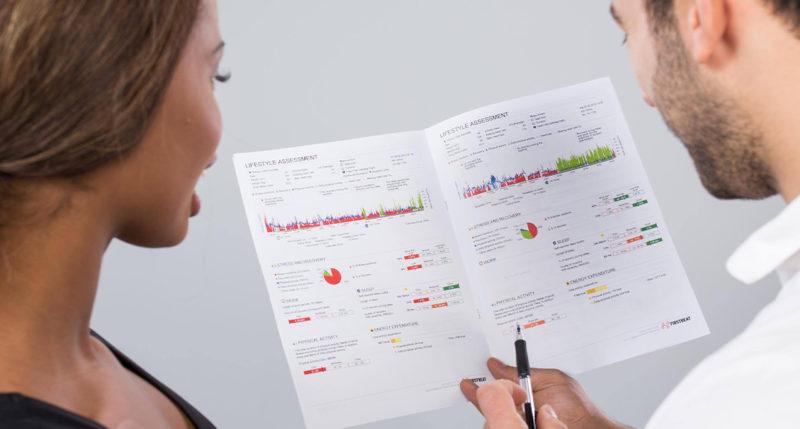
Employees aren’t robots. Ignoring their well-being and what motivates them is a fail-proof recipe for disaster. Nevertheless, it’s still a recipe representing the mindset of surprisingly many corporate leaders and HR managers. While a CEO might hum work hard and then even harder, guess what songs most employees in the UK are playing repeat inside their heads? “Quit your job”, “I want to break free” and “It’s just another manic Monday”. How depressing! We need to act to change the tune of how Britons work—and we need to start now.
A Happy Employee Is an Engaged Employee
But why is this topic so important? Because a happy employee is an engaged employee, meaning he’s most likely loyal to his employer and productive at work, as well. A disengaged employee, on the other hand, is more likely to quit his job, taking his knowledge, skills and experience with him. Or, if he decides to stay, he’s making a lot more errors than his driven colleagues¹. A kind of a two-way street, isn’t it? It’s also worth remembering that a disengaged employee is usually not a well employee, either. Speaking of which, approximately 130 million working days a year are lost due to sickness or injury in the UK². That’s nearly £600 per employee³! The numbers surrounding absenteeism can be shocking.
When someone doesn’t come to work, it will likely (and hopefully) be noticed, but what about those employees who are physically present, but aren’t working at their full capacity? Yes, they are the ones who drag themselves to work no matter how unhealthy or ill they feel. Care to venture a guess what’s the cost of presenteeism to UK businesses? Twice as high as absenteeism, estimates professor Sir Cary Cooper from Manchester Business school. Cooper states that only 35% of the staff are generally healthy and present, and that coming to work and achieving nearly nothing is even more disruptive than not showing up to workplace at all⁴.
What is Presenteeism and how can we fix the multi-billion-pound problem? Read more →
Tomorrow’s Success Is Created with Today’s Choices
The good news is it’s never too late to take that first step towards building a healthier, happier, and more productive company. Based on over 250,000 measurements conducted in thousands of corporations, we, at Firstbeat, know that tomorrow’s success is created with today’s choices and that’s why right now is the right time to act.
Your employees are your company’s most valuable asset, so their well-being should be priority number one. Firstbeat Lifestyle Assessment for corporations takes the load off your shoulders by helping each employee to make better choices both at work and leisure for increased productivity and optimal overall well-being. When your staff learns how to manage stress, sleep better, and exercise right, they will feel more energetic and focused at work, too. But then, this is all up to you: you choose whether your company will thrive or fail.
References:
1 “Employee Engagement: The Key to Realizing Competitive Advantage.” Development Dimensions International, Inc. 2005.
2 Sickness absence in the labour market: 2016. The Office of National Statistics (ONS).
3 2015 CIPD Absence Management Survey.
4 Newbery, Cathryn. Annual cost of presenteeism is ‘twice that of absenteeism’, says Prof Cary Cooper. People Management. 2015.
At Firstbeat, we’re here to help you succeed so go ahead and take that first step!
You might also be interested in

What is Presenteeism? And How Can We Fix the Multi-billion-pound Problem?
Paying proper attention to the well-being of staff will lead to a better working environment and happier, more productive employees.

Firstbeat Lifestyle Assessment – Reflections and Take-Home Messages from the SentryOne Group Project
16 staff members of SentryOne took part in a Firstbeat Lifestyle Assessment for the 3rd time since 2013. Here´s how it turned out.

Beyond Heart Rate: Heart Rate Variability
Heart rate variability (HRV) is the physiological phenomenon of variation in the time interval between consecutive heartbeats. The level of HRV varies a lot between individuals, but in general terms, high HRV is viewed as a marker of good fitness and health.


